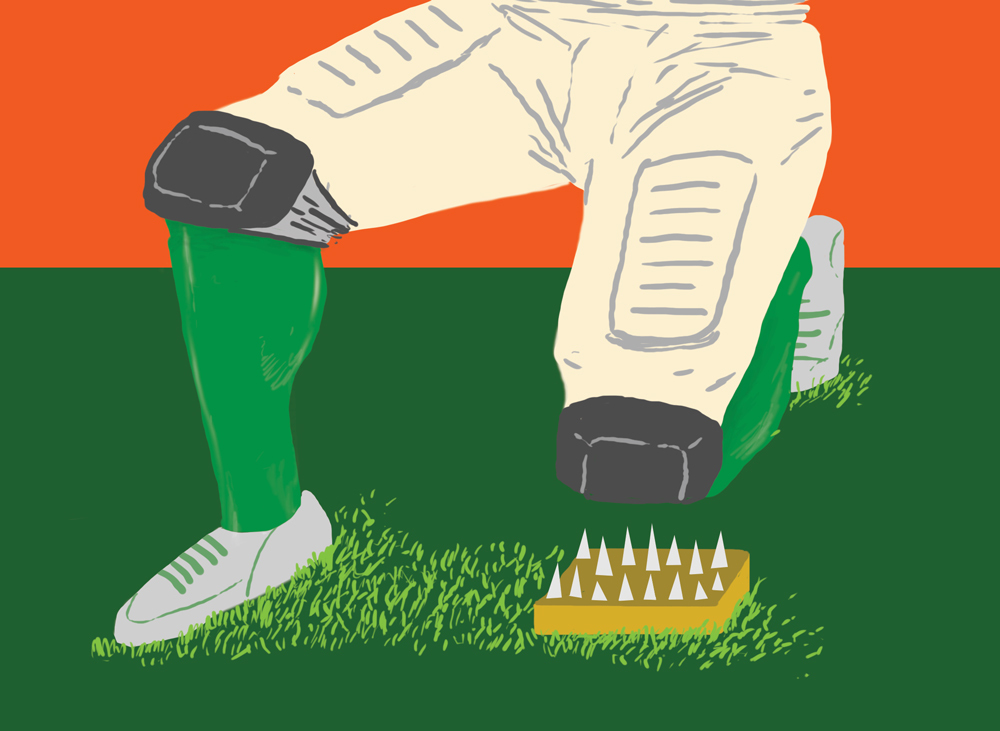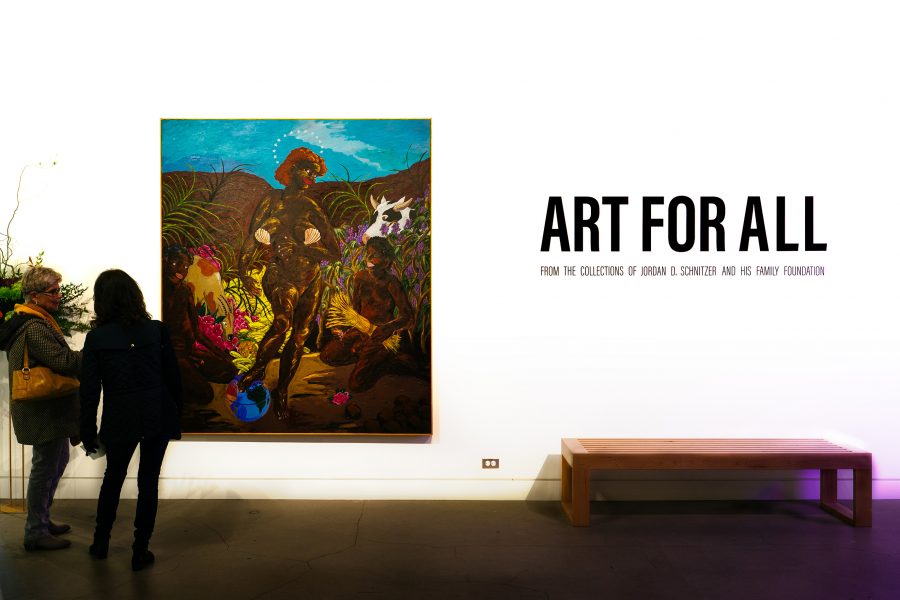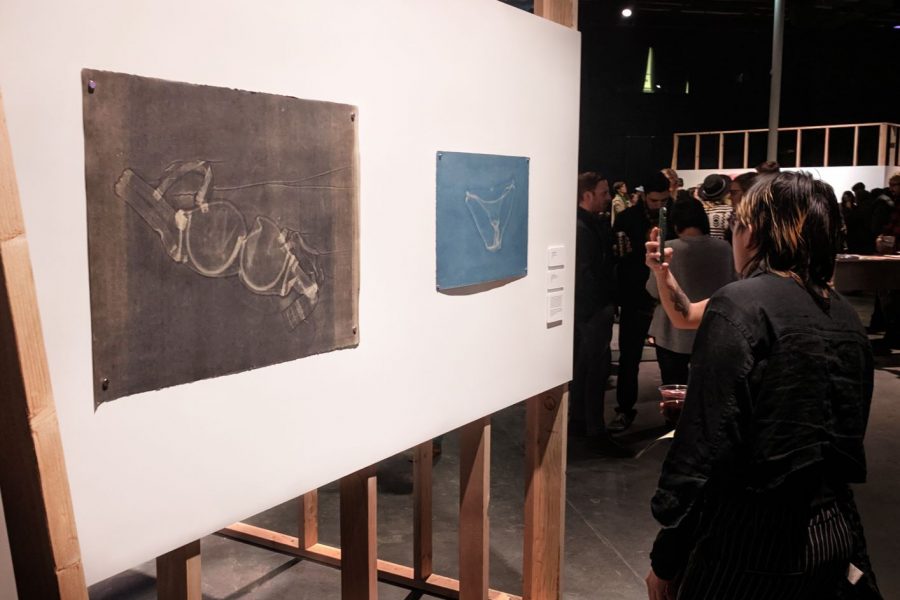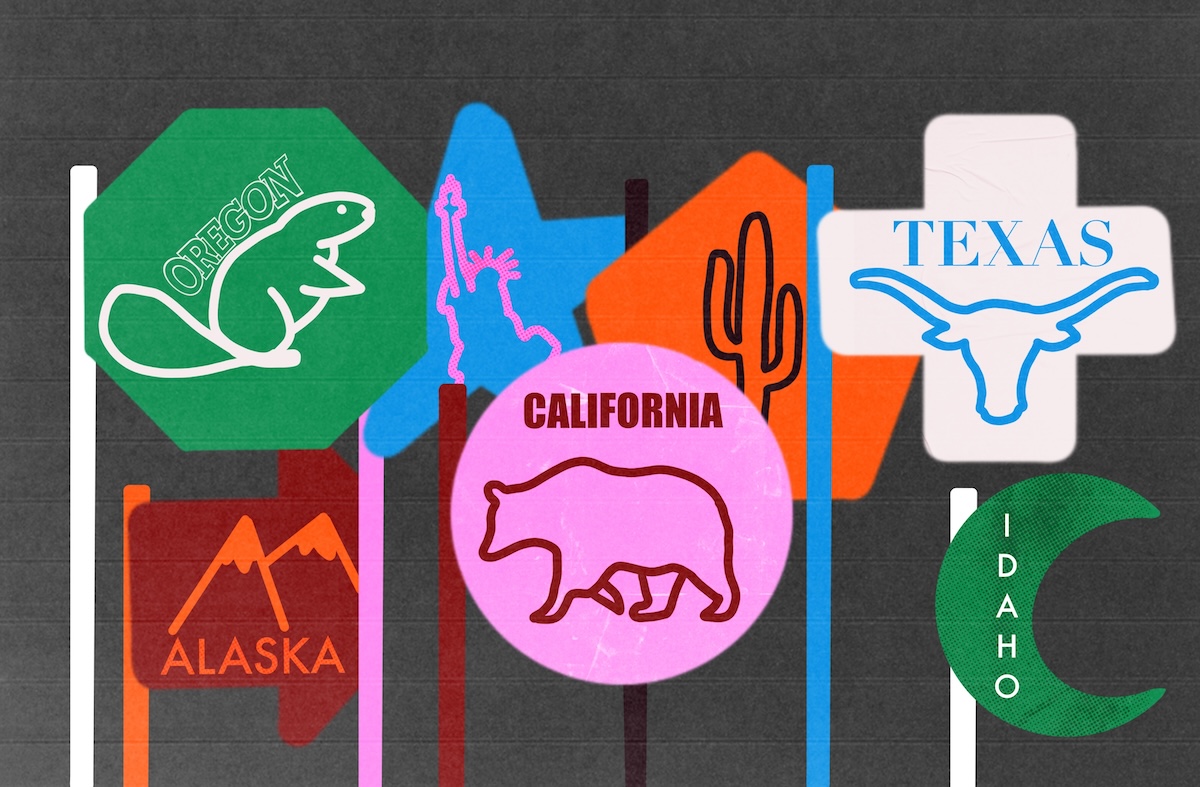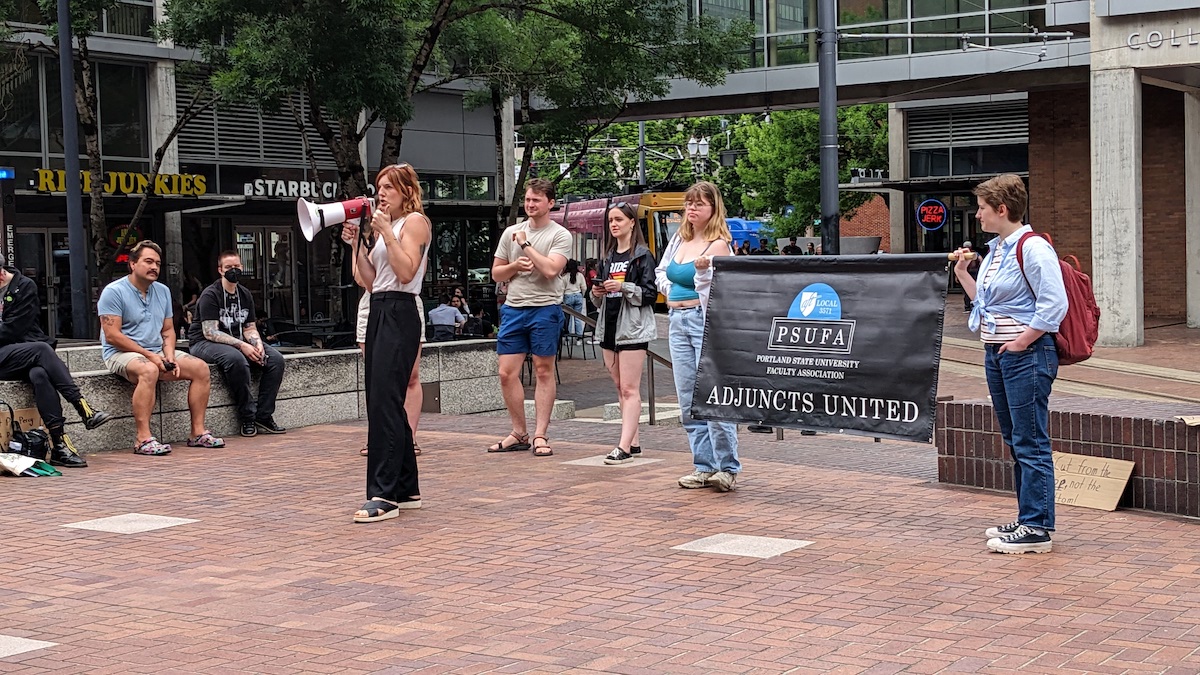Student-athlete protests aren’t going anywhere despite restrictions implemented by universities
There’s an ongoing debate on the extent to which college athletes can use sports as a platform, specifically regarding the limitations to athletes’ freedom of speech and the power universities have in controlling that speech.
Athletes have been using sports as a platform to protest for as long as sports have existed, with the first documented protests dating back to the Roman chariot races in 532 CE. College athletics are no exception.
Houston Rockets general manager Daryl Morey sparked controversy when he posted a tweet in support of protests in Hong Kong. Morey received instant backlash, and the resulting controversy led to suspended cooperation between the Rockets and multiple Chinese corporations. NBA commissioner Adam Silver expressed that the NBA suffered ‘substantial’ losses as a result of the ongoing dispute. Morey’s comments highlighted the impact of sports as a platform and reinvigorated the debate over members of athletic organizations and their role in speaking out on controversial issues.
The University of Missouri college football team demonstrated the influence of protest within college athletics on Nov. 7, 2015, when at least 30 members of the team threatened to boycott all football-related activities if the university’s president did not resign following the president’s handling of a string of racist incidents on campus. The players president subsequently resigned.
Not every athlete who’s chosen to participate in a peaceful protest has experienced the same results. In October of 2017, Gyree Durante, a Division III quarterback at Albright College in Pennsylvania, was dismissed from the team for choosing to kneel during the national anthem. A spokeswoman for Albright College stated the team had elected to kneel during the coin toss and stand during the anthem before Durante made the decision to kneel on his own.
Some colleges have attempted to get ahead of the issue by implementing strict rules or outright bans against student-athlete protests. In September of 2017, the College of the Ozarks implemented a “No Pledge, No Play” policy. The policy required all players and coaches for the Ozarks and their opponents to stand at attention during the national anthem, otherwise, the school’s president required the team to forfeit the game.
A similar statement was issued by Colorado Christian University in September 2017, reminding all student-athletes of the university’s existing policy requiring participants to stand for the national anthem.
Portland State has no such policy. However, a policy is in place outlining the allowed behavior of student-athletes wishing to express their views. “We adhere to our student-athlete code of conduct for all matters,” Athletic Director Valerie Cleary said.
PSU’s code of conduct states, “On and off campus and in cyberspace communities, every student-athlete is expected to conduct himself or herself in a manner that exhibits honor and respect to the team, department, university and surrounding community for the duration of his or her tenure as a student-athlete.”
The policy goes on to address appropriate usage of social media, encouraging athletes to “avoid social media criticism of others, as well as debates and arguments that are played out in a public forum.”
If an athlete at PSU were to participate in a non-disruptive protest, Cleary explained the stance the athletic department would take.
“We support the rights of students and staff in non-participation of the anthem and other forms of speech that are protected by our school policies and laws of our great nation,” Cleary said.
“Free speech is a treasured right and critical component of learning. We will engage in this learning with civility and respect that is the bedrock of our First Amendment rights.”
While a policy protecting the freedom of speech of student-athletes exists at PSU, the number of athletes informed of this policy and their level of understanding remains unclear.
“I try and stay out of things like [protesting],” said PSU student-athlete Davis Alexander. “I don’t have much of an understanding of the policy because I use my social media for my own personal brand.”
“Something extremely drastic would have to happen where I feel like my freedom is being completely taken away for me to protest,” Alexander said. “I think people should be able to do what they want, but at the same time realize you are representing not only yourself but your team and university as well,” he continued. “Social media things can be interpreted the wrong way.”
In her explanation of the athletic department’s stance on protecting student-athletes’ right to protest, Cleary referenced an article written by the Minnesota School Boards Association Director of Legal & Policy Services: “School personnel must recognize this form of protest is covered by the constitutional right to free speech and efforts to stop the protest and/or force participation in singing or standing for the national anthem could be met with lawsuits for infringing on those rights.”
Participation in the national anthem is just one example of a student-athlete’s right to protest. Protests in sports will likely continue as long as athletes feel there is a need to speak out. There are rights protecting student-athletes who wish to use their sport as a platform for protest.
In order for student-athletes to shed light on issues they deem important in a manner that corresponds with university policy, athletes must be informed of the rights protecting them and the limitations to those rights.

